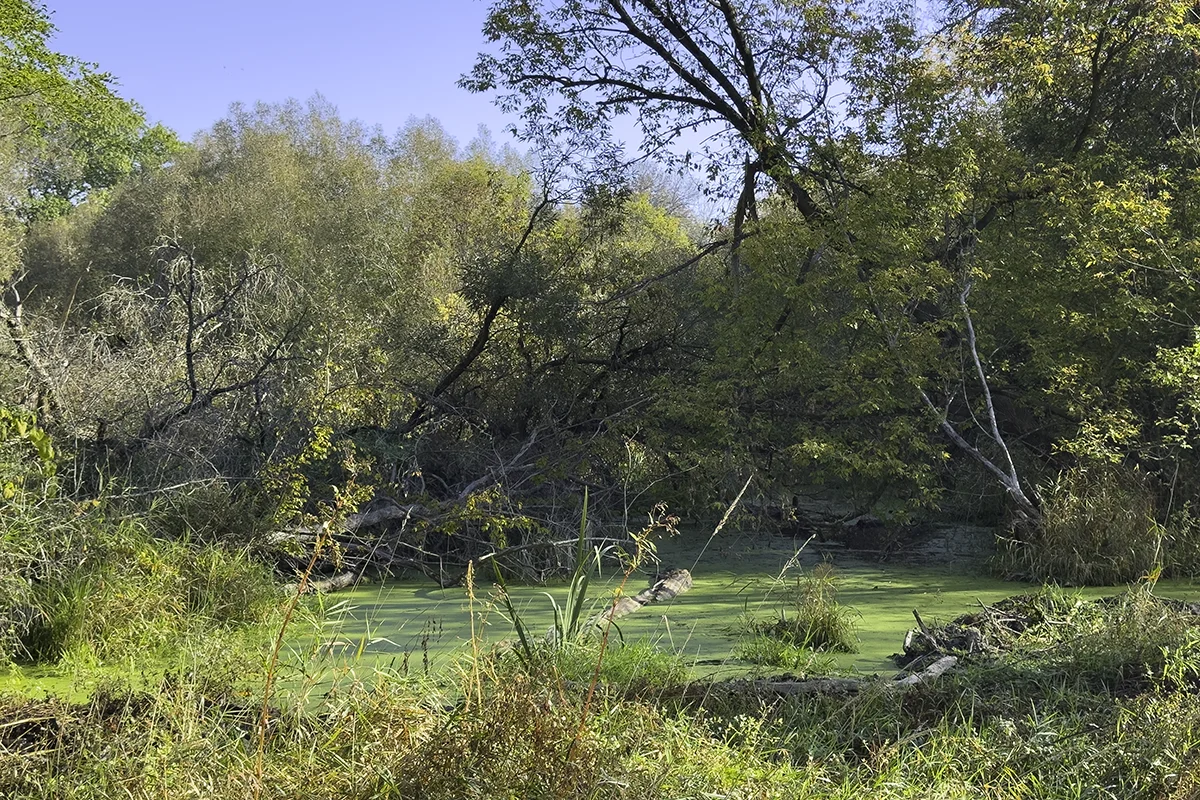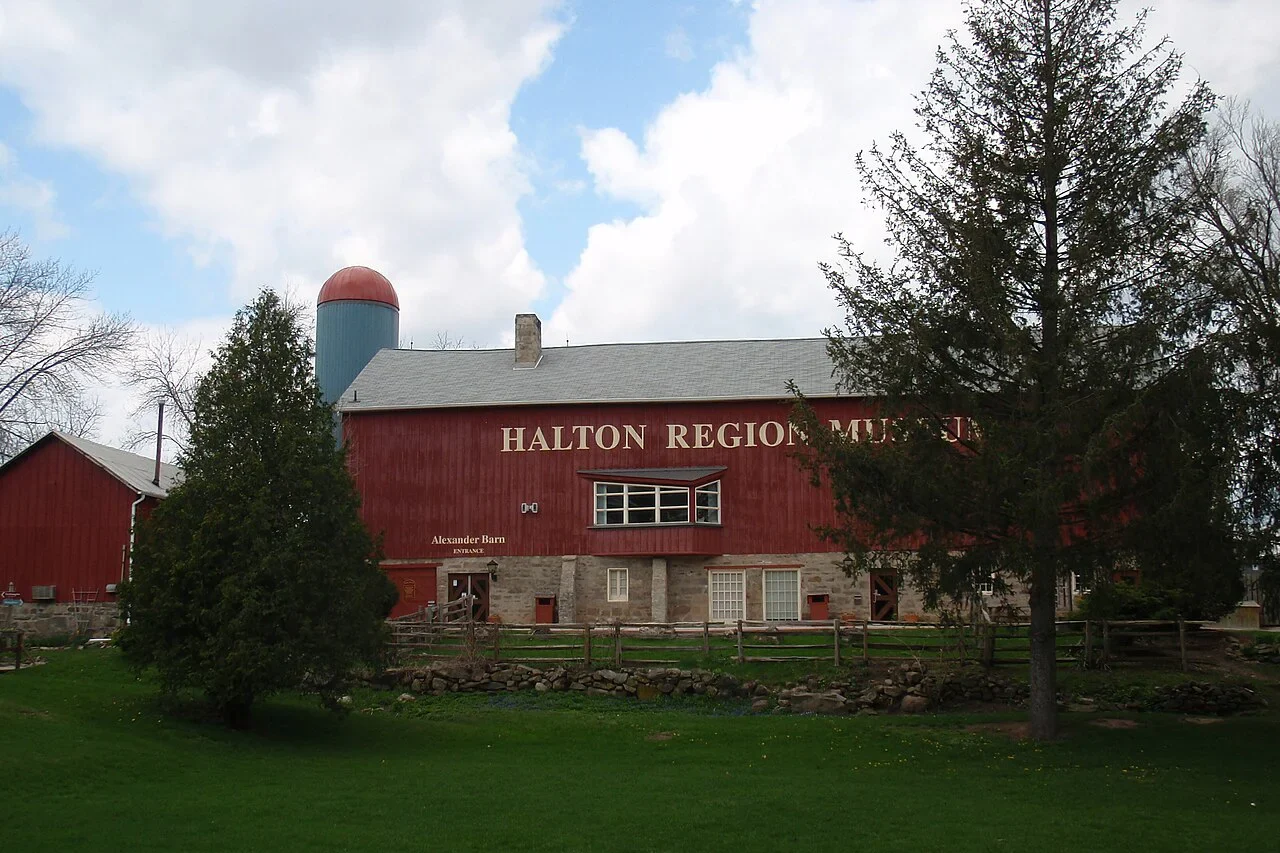The Federation of Urban Neighbourhoods is a province-wide volunteer-based umbrella organization of community and neighbourhood associations. We promote awareness of urban issues, undertake projects which will enhance quality of life for residents of urban settings, maintain a resource base for information, share expertise, represent the common interests of member organizations before public and private bodies as well as to encourage citizens to actively participate in and become informed about community and civic affairs.
NEWS

FUN responds to Ontario’s proposal to consolidate conservation authorities
The Federation of Urban Neighbourhoods (Ontario), on behalf of urban communities across the Province, urges the Ontario Government to pause making the rapid, drastic, costly, and irreparable changes to the structure of Conservation Authorities as contained in this policy proposal; rather we ask that the Province establish an independent public process to consider a future course for the CAs, with full engagement with conservation authorities, municipalities, other stakeholders, and the public.

Provincial overreach
Toronto, along with municipalities across Ontario, has suffered an avalanche of provincial laws, regulations, and policies affecting planning and development, all without prior consultation or engagement with the City of Toronto and its residents. As a result, residents are largely unaware both of the changes, and their impacts, and of how the City has responded to them.
We recommend that the City work with and share its communication materials with other municipalities, and encourage them to communicate these changes and their impacts to their residents.

FUN submission: Consultation on Proposed Special Economic Zones Criteria
This is to express our comments and concerns on the above noted proposal to implement the part of Bill 5 focusing on Special Economic Zones Criteria. We continue to support respect for the rule of law, particularly with respect to Indigenous sovereignty which requires free, prior, and informed consent, and the critical importance of protecting biodiversity and environmental rights.
The proposed regulatory criteria for Special Economic Zones (SEZ) rely on “Minister’s opinion”, substituting subjectivity for objective evidence, and lacking a transparent process for assessing health, environmental, social, and economic consequences of implementing a project proposal.

Ontario is heading down a dangerous road with special economic zones
From Mexico to China, global examples of areas where laws are lifted in the name of economic development have seen people and the environment suffer — but the Ford government is still pressing ahead with Bill 5.
With Ontario’s contentious Bill 5 enacted, special economic zones could be coming to Canada for the first time. Touted by Premier Doug Ford as a sure-fire way to “unleash” the economy, the bill has sparked growing public resistance over its implications for Indigenous Rights, the environment, labour standards and democratic accountability. The global track record of special economic zones suggests these fears are well-founded.

Halton Region shutting down heritage division, getting rid of 30,000-item historical collection
This is to express the strong objection and concern of the Federation of Urban Neighbourhoods (Ontario) regarding the Region of Halton’s recent decision to dismantle the Region’s artifact collection, representing both the loss of a coherent regional heritage collection, and potentially the breaking of a public trust commitment to care for an object, which was established when it was accessioned.
We also object to the manner in which the decision was made – in closed session without public input. We request that you urgently reconsider the Region’s decision.

Bill 17 – FUN responds
Our overriding concern is the undue haste with which this legislation is proceeding, without scrutiny or opportunity for public input at Standing Committee. Regardless of the intent or content of the legislation this is undemocratic and wrong.
Municipalities have a legislated responsibility to protect public health and environmental wellbeing. Restricting their ability to exercise those duties will not protect Ontario or build housing faster.
The proposed changes will only reduce the quality of new housing and communities and expose Ontarian residents to greater environmental risks. We are a democratic society, and this bill would add several measures to make us otherwise.

Doug Ford’s controversial Bill 5: Here’s what you need to know
The most significant legislation from Ontario’s Progressive Conservatives since winning their third straight majority is a sweeping bill that Premier Doug Ford says will protect the economy from tariffs but which critics say will gut environmental protection.
The PCs are framing the bill as an urgent response to the economic threats posed by U.S. President Donald Trump and his tariffs. Critics are calling that a pretext to loosen oversight of how companies operate in Ontario.
Concerns are coming not just from Ford’s usual opponents — such as First Nations leaders and environmental groups — but also from organizations as varied as the Canadian Civil Liberties Association (CCLA) and the Toronto Zoo.

TOWN HALL – Elbows Up Urban Ontario
Our Annual General Meeting was a success with the approval of ONCA compliant bylaws and the election of a new Board for the coming year.Our Annual General Meeting was followed by a Town Hall presentation by Sandford Borins, an Emeritus Professor from the University of Toronto. His presentation was ‘Elbows Up – Urban Ontario’

ANNUAL GENERAL MEETING AND TOWN HALL
We invited all interested members of community resident organizations to attend the Annual General Meeting and the Town Hall session. Any number of representatives from your organization may attend these events.

Ford government to appeal injunction blocking Toronto bike lane removals
Doug Ford says the provincial government will appeal the Ontario Superior Court’s decision to grant an injunction that blocks the removal of several bike lanes in Toronto. “But those bike lanes are coming out one way or another,” Ford said at a press conference in Mississauga Wednesday morning “We’re appealing it, because judges should not determine items like bike lanes.”
Join FUN
Get all the latest news about planning and development regulations and legislation that could affect YOUR local community. Join as a community organization or as an individual.
Advocacy
FUN advocates on behalf of a large group of community organizations and ratepayer groups. Working together, our voices are heard by our legislators. See our latest position papers and letters.
Resources
From Land Use Planning Guides, to guidance on how to oppose local variances, to successful fundraising, we have plenty of resources and invite you to explore!
